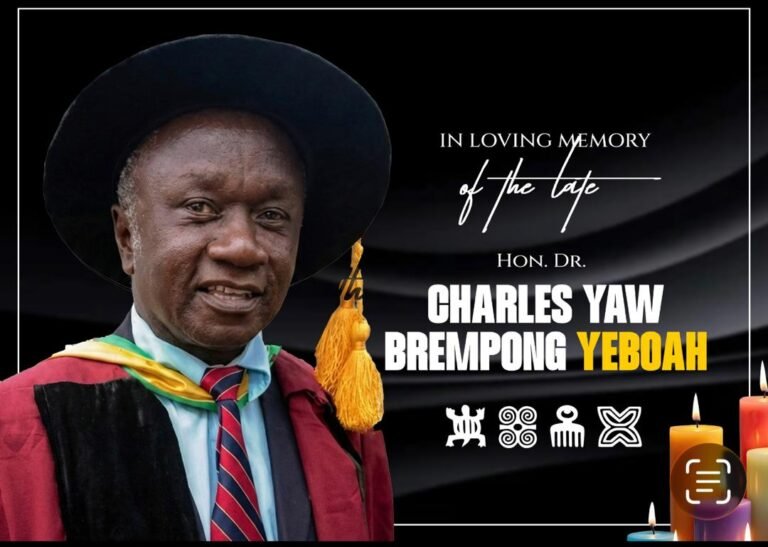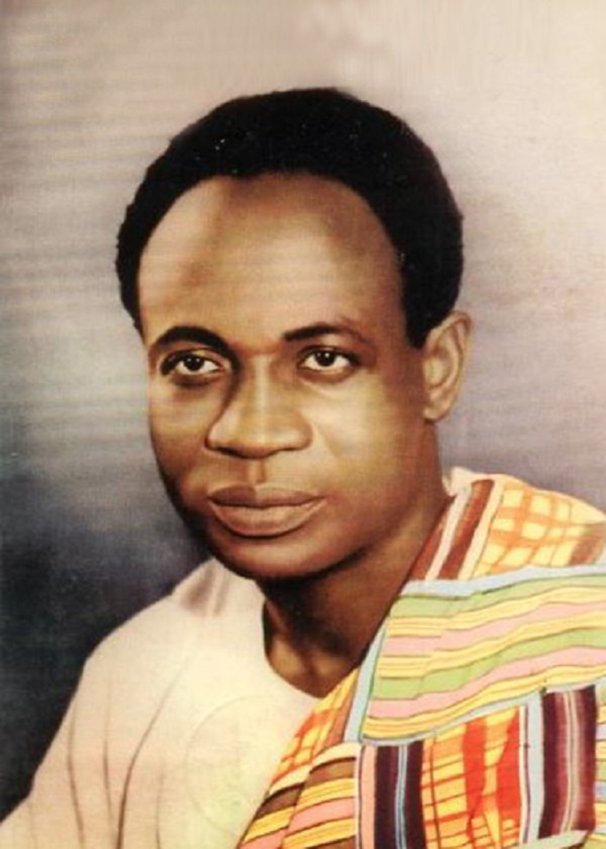
President Akufo-

President Nana Addo Dankwa Akufo-Addo has called on the global investor community to see Africa as a conducive place to invest and reap high dividends.
“Africa is ready for business. Africa needs you and you need Africa. You need Africa because Africa is busily building the world’s largest single market of 1.3 billion people. Soon we will have a customs union, and soon we will have a continental payment system that will accelerate and facilitate trade amongst ourselves,” he said.
The President made the call yesterday when he delivered an address to the 77th Session of the United Nations, currently ongoing in New York, in the United States of America.
The President stated that Africa sees “the current geopolitical crisis as an opportunity to rely less on food imports from outside the continent and use better our sixty per cent global share of arable lands to increase food production.”
Russia-Ukraine war
According to him, Africa has seen the devastating impact of relying on Russia and Ukraine for 70 per cent of its wheat consumption.
He noted that Africa has enough land, enough water, enough gas and enough manpower to produce enough fertiliser, food and energy “for ourselves and for others.”
However, the President, acknowledged that in spite of this, Africa cannot do it all by itself.
He therefore asked the global investor community to see Africa as “the new frontier for manufacturing, for technology, for food production”.
Using Ghana as case study, the President told the gathering that his government had launched the successful policy of ‘One District One Factory’.
AFCTA
He explained that the 1D1F is a policy, with government incentives, that had directly seen, so far, to some 125 enterprises being set up in various districts across the country, leveraging on each area’s competitive advantage.
The reason, he recounted, was why six years ago his government embarked on an aggressive policy of Planting for Food and Jobs.
The President said the initiative had helped farmers increase their yields, adding “indeed, we are recognising that many of the things we import can be found or produced in Ghana, or in other African countries”.
ACFTA
With the Secretariat of the African Continental Free Trade Area located in Ghana, the President stressed that the free trade area is “driving intra-Africa trade and creating an unparalleled momentum for Africa’s economic diversity and transformation.”
True to Ghana’s knowledge that industrialisation is the way to go and, with the single market as the added incentive, President Akufo-Addo said Ghana had taken policy measures to add value to her natural resources.
“For example, we are processing more of our cocoa, refining more of our gold, and we are determined to exploit the entire value chain of our huge lithium deposits. We are busily building an integrated bauxite and aluminium industry and an integrated iron and steel industry, building new oil refineries and have, so far, attracted six of the world’s biggest automobile manufacturers to set up assembling plants in Ghana, prior to producing them in the country,” he added.
SGDs
In line with the African Union’s Agenda 2063 and the United Nation’s Sustainable Development Goals (SDGs), the President said Africa’s ambition is to transform her food systems over the next decade, anchored in the Comprehensive Africa Agriculture Development Programme (CAADP) and the Malabo Declaration on Accelerated Agricultural Growth.
“What we require now is support from the investor community for the rolling out of Africa’s lucrative agro-industry, and for the community to see agribusiness in Africa as much more an opportunity than the perceived, exaggerated risk which has been the false, but dominant narrative,” he added.
The President tasked the United Nations “to take proper stock of this initiative and ask a few searching questions, recognising what could have been achieved with greater commitment and focus.”
Reforms
President Nana Addo Dankwa Akufo-Addo also called for an urgent reform of the international financial system, as the current monetary system is skewed against developing countries.
The President said the financial markets have been set up and operate on rules designed for the benefit of rich and powerful nations, disclosing that “during times of crisis, the façade of international co-operation, under which they purport to operate, disappears”.
Stressing that “our world is currently not in a good place”, he recalled an observation by the World Bank which has described the global economy as “enduring its steepest slowdown since 1970.”
He said with the world is confronted by a devastating global economic pandemic, pushing Africa into its worst recession for half a century.
A situation, the President said, had caused slump in productivity and revenues, increased pressures on spending and spiralling public debts confronted the continent without relent.
“As we grappled with these economic challenges, Russia’s invasion of Ukraine burst upon us, aggravating an already difficult situation. It is not just the dismay that we feel at seeing such deliberate devastation of cities and towns in Europe in the year 2022, we are feeling this war directly in our lives in Africa. Every bullet, every bomb, every shell that hits a target in Ukraine, hits our pockets and our economies in Africa,” he said.
Global inflation
Describing global inflation as “the number one enemy this year”, the President noted that “it hit a 40-year-high in the US and UK in recent months”.
He added that there is record inflation in the euro zone, saying “several African countries have inflation rates surging three to four times higher than what they were just two years ago”.
The President said Ghana is experiencing the highest inflation for 21 years, bemoaning that “the high costs of food are hurting the poor, especially the urban poor, the most”.
The spill over from the raising of interest rates by central banks across the world to combat inflation, according to the President, has been severe beyond borders, as global investors pull money out of developing economies to invest in bonds in the developed world.
This, he explained further, has led to depreciating currencies and increased borrowing costs; meaning economies in Africa need to raise and spend more of our own currencies to service foreign debts in US dollars.
“It has become clear, if ever there was any doubt, that the international financial structure is skewed significantly against developing and emerging economies like Ghana. The avenues that are opened to powerful nations to enable them take measures that would ease pressures on their economies are closed to small nations,” he said.
Worsening situation, the President noted that “credit rating agencies have been quick to downgrade economies in Africa, making it harder to service our debts.
“The tag of Africa as an investment risk is little more than, in substance, a self-fulfilling prophecy created by the prejudice of the international money market, which denies us access to cheaper borrowing, pushing us deeper into debts,” he said.




